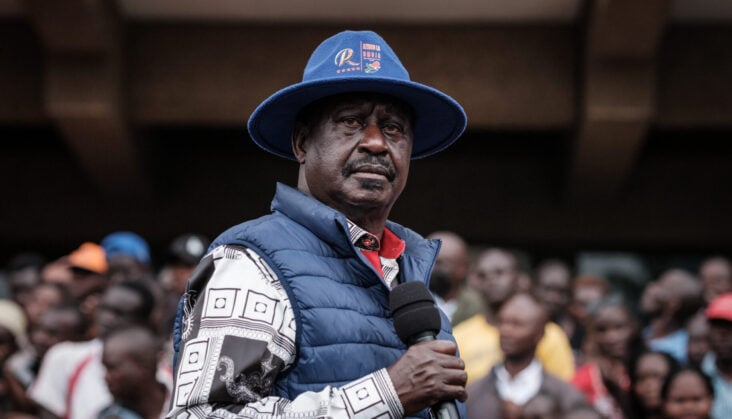
By : Chinasaokwu Helen Okoro
Raila Odinga: The Man Who Lost Every Election but Won Kenya’s Democracy
He was jailed, tortured, and denied the presidency five times, yet few shaped Kenya’s democracy or embodied its struggles more than Raila Amolo Odinga. His death at 80, while receiving treatment in India, marks the end of a political era that spanned six turbulent decades — an era defined by defiance, resilience, and an unyielding pursuit of reform
Loved and loathed in equal measure, Raila was the son of Jaramogi Oginga Odinga, Kenya’s first vice president and a key figure in the country’s anti-colonial movement. Politics was his inheritance; resistance became his instinct.
In 1982, after a failed coup against President Daniel arap Moi, Raila was accused of treason and detained without trial for six years. In his memoir, The Flame of Freedom, he recounted the brutal torture and psychological torment he endured in Nairobi’s infamous Nyayo House — beatings, blindfolds, and mock executions meant to break his spirit. They never did.
His courage during that dark era transformed him from a dissident into a national symbol of defiance. As Kenya slowly opened up in the 1990s, Raila became one of the chief architects of the country’s return to multiparty democracy. His fiery rhetoric and unmatched ability to mobilize crowds made him a formidable force in a country yearning for change.
From 1992 to 2022, Raila contested five presidential elections — and lost all of them. Yet each defeat expanded Kenya’s democratic space. His most consequential run came in 2007, when a disputed election plunged the country into violence that killed over 1,000 people. The crisis ended in a power-sharing deal brokered by former UN Secretary-General Kofi Annan, making Raila prime minister in a fragile coalition with President Mwai Kibaki.
The coalition brought peace but also tempered his reformist edge. Over the years, Raila came to embody both defiance and pragmatism — a man who fought the system so long that he eventually became part of it, though always as its conscience. “His political capital gave him capacity to cause both political and economic instability in Kenya,” said Nairobi-based analyst Dismas Mokua. “That is why all presidents accommodated his personal interests, camouflaged as national interests.”
Then came the “handshake” of 2018 — a truce between Raila and then-President Uhuru Kenyatta that ended months of post-election turmoil. The move, hailed as statesmanship by some and betrayal by others, led to the Building Bridges Initiative (BBI), a sweeping constitutional reform effort ultimately struck down by Kenya’s Supreme Court.
In his final political act, Raila stunned the nation once more. On March 7, 2025, he and his longtime rival President William Ruto signed a pact to “work together for national unity.” For some, it was the gesture of an elder statesman seeking to steady the nation; for others, it marked his quiet retreat from a lifetime of resistance.
“Raila’s ability to leverage his political base for coalition deals after every defeat invited both admiration and scorn,” said political scholar Ngala Chome. “In his final pact with Ruto, many saw the darkest scar of his career — the perception that he had betrayed a mass reform movement.”
Beyond Kenya, Raila’s influence was continental. From 2018 to 2023, he served as the African Union’s High Representative for Infrastructure Development, pushing for regional integration and connectivity projects across Africa.
To admirers, he was Kenya’s Nelson Mandela — the man who refused to give up on democracy, no matter the odds. To critics, he was a political agitator whose populism sometimes endangered stability. Yet even his fiercest opponents concede that without Raila, Kenya’s democracy would not look the same.
His death leaves a political and emotional vacuum. Within his Orange Democratic Movement (ODM), succession battles loom. “There hasn’t been enough effort to prepare for ODM without Raila,” warns analyst Rose Mumanya. “The question now is whether the party — and the opposition — can survive without him.”
Raila Odinga may have lost every election he ever contested. But in the end, he won something greater — a place in history as the man who lost power yet delivered democracy.



 Prosecutors Seek Death Penalty for Ex-Bangladesh PM Sheikh Hasina Over 2024 Protest Massacre
Prosecutors Seek Death Penalty for Ex-Bangladesh PM Sheikh Hasina Over 2024 Protest Massacre 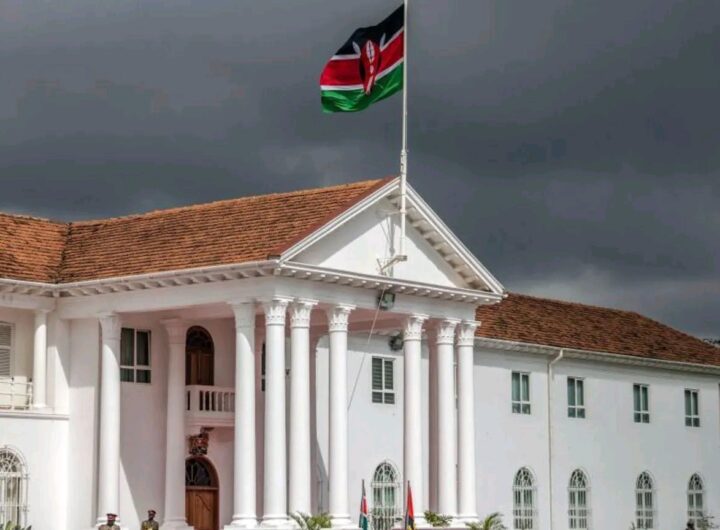 Police officer Stationed at President’s Official Residence Murdered in Attack
Police officer Stationed at President’s Official Residence Murdered in Attack 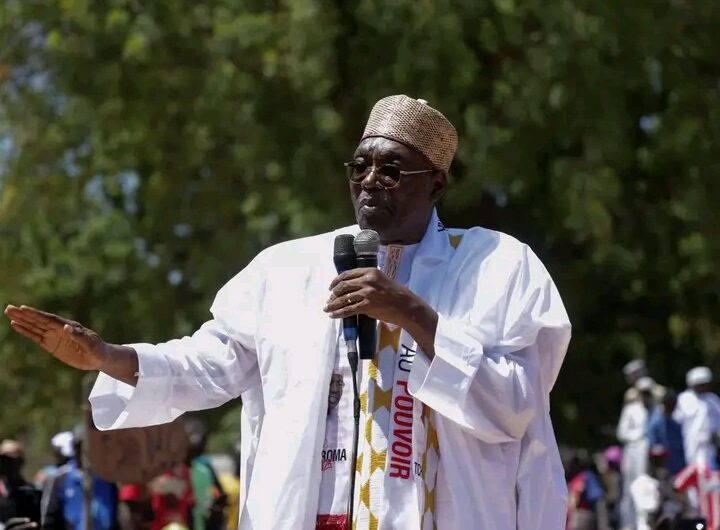 ⬆️ Cameroon Opposition Candidate Claims Victory as Biya Seeks 8th Term
⬆️ Cameroon Opposition Candidate Claims Victory as Biya Seeks 8th Term  PM Shehbaz Sharif Attends Gaza Peace Summit in Egypt Amid Ceasefire Deal
PM Shehbaz Sharif Attends Gaza Peace Summit in Egypt Amid Ceasefire Deal 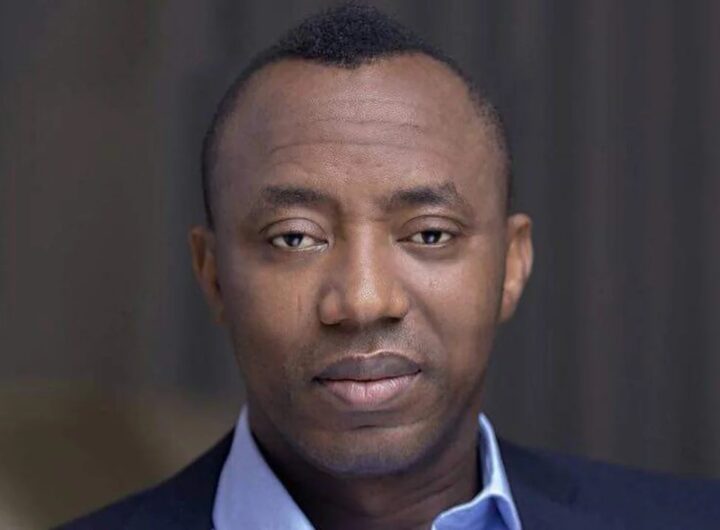 Nigeria’s Presidency, Sowore in Sharp Face-Off Over Planned March for Nnamdi Kanu
Nigeria’s Presidency, Sowore in Sharp Face-Off Over Planned March for Nnamdi Kanu 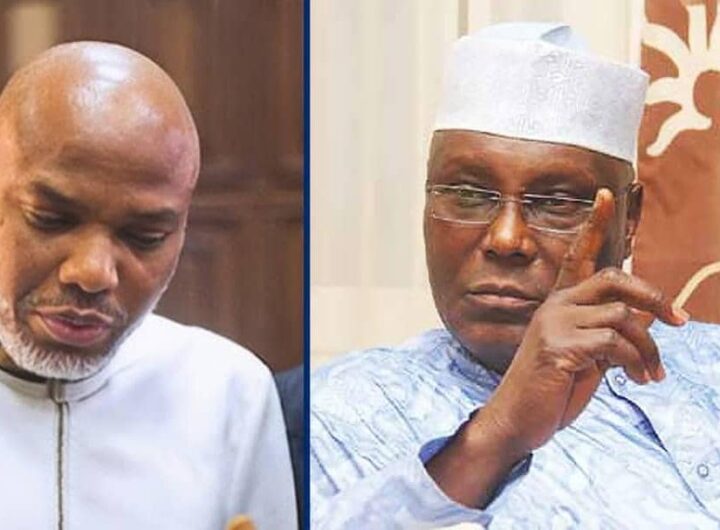 Atiku Faults Nigeria’s Handling Of Nnamdi Kanu’s Case, Demands Immediate Release
Atiku Faults Nigeria’s Handling Of Nnamdi Kanu’s Case, Demands Immediate Release 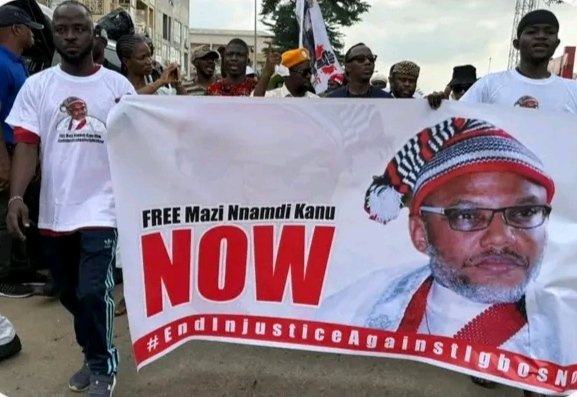 Nigeria’s Battle Over Nnamdi Kanu’s Freedom Turns the Courtroom into the New Protest Ground
Nigeria’s Battle Over Nnamdi Kanu’s Freedom Turns the Courtroom into the New Protest Ground 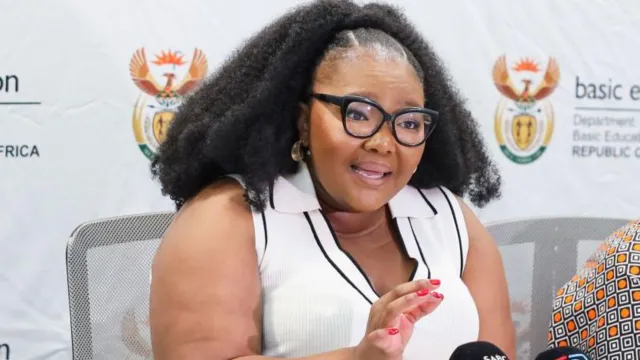 Eight Pupils Suspended After Brutal Bullying Video Sparks National Outrage in South Africa
Eight Pupils Suspended After Brutal Bullying Video Sparks National Outrage in South Africa 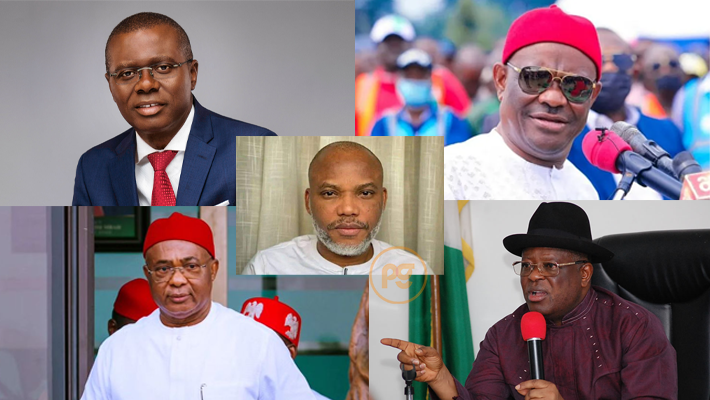 Nnamdi Kanu Opens Defence, Calls Wike, Umahi, Buratai, Others to Testify
Nnamdi Kanu Opens Defence, Calls Wike, Umahi, Buratai, Others to Testify 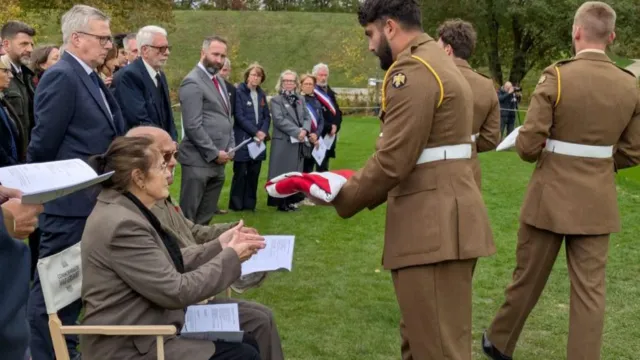 108 Years On: WWI Soldiers Finally Laid to Rest with Full Military Honours in France
108 Years On: WWI Soldiers Finally Laid to Rest with Full Military Honours in France